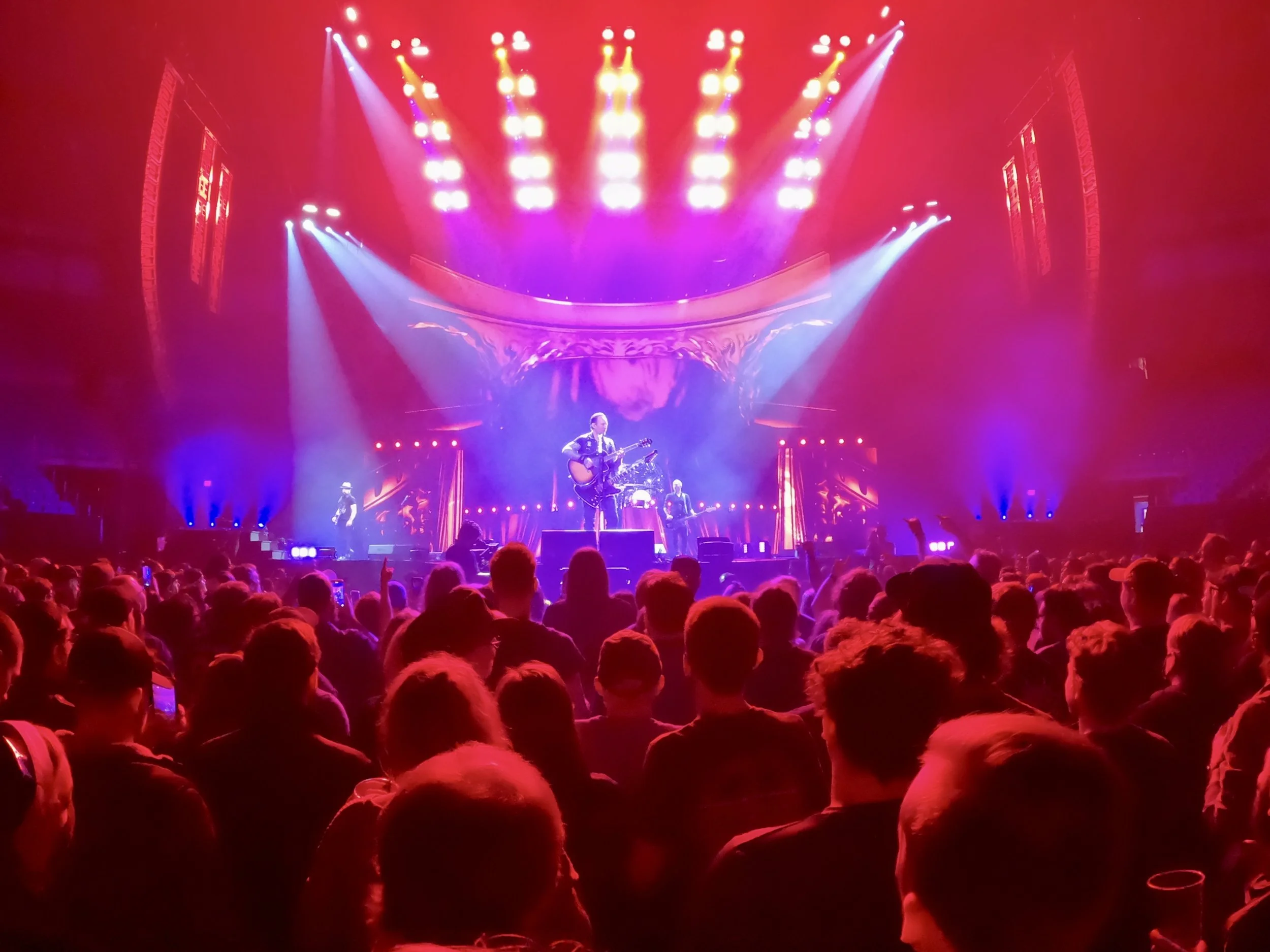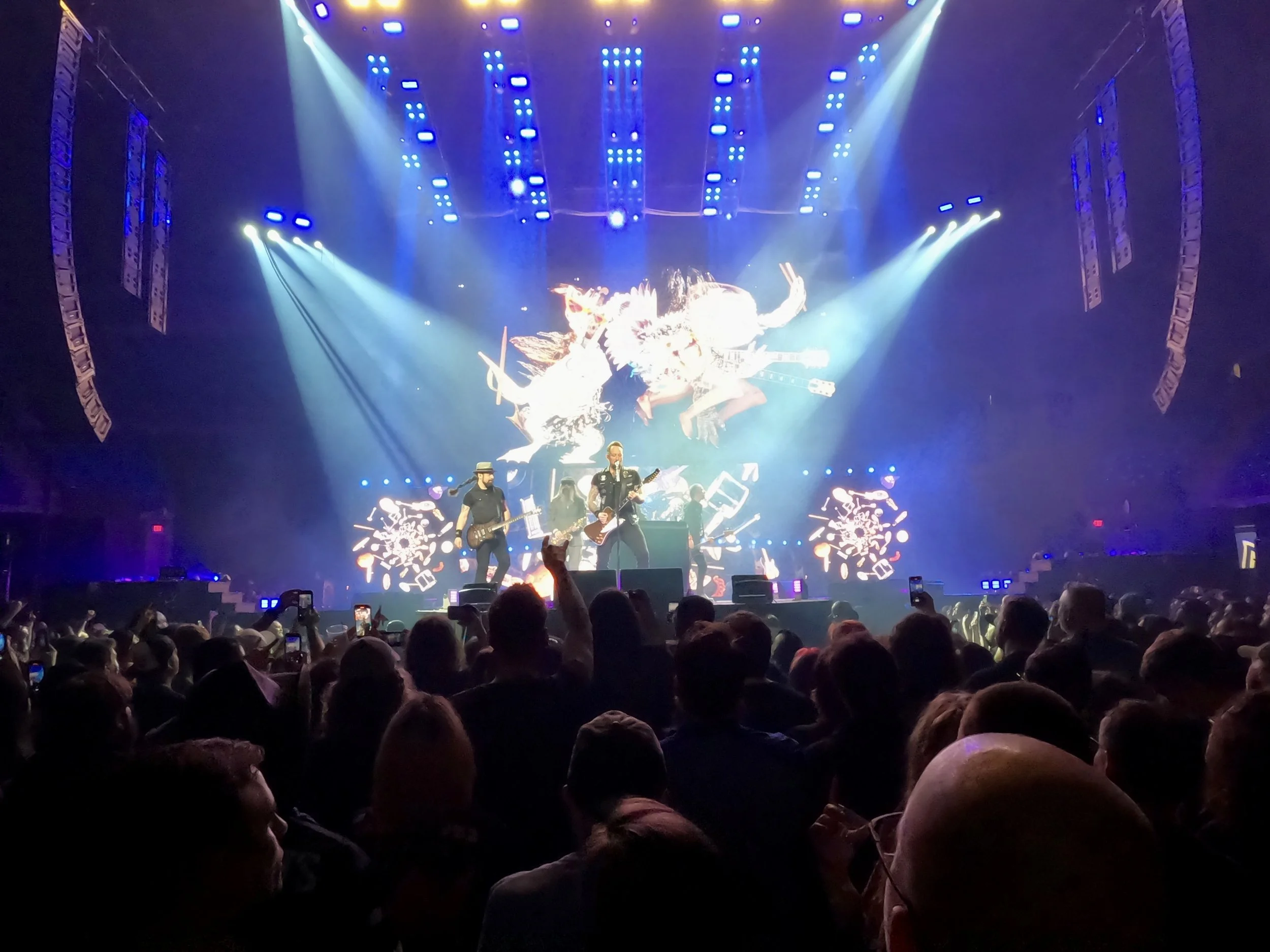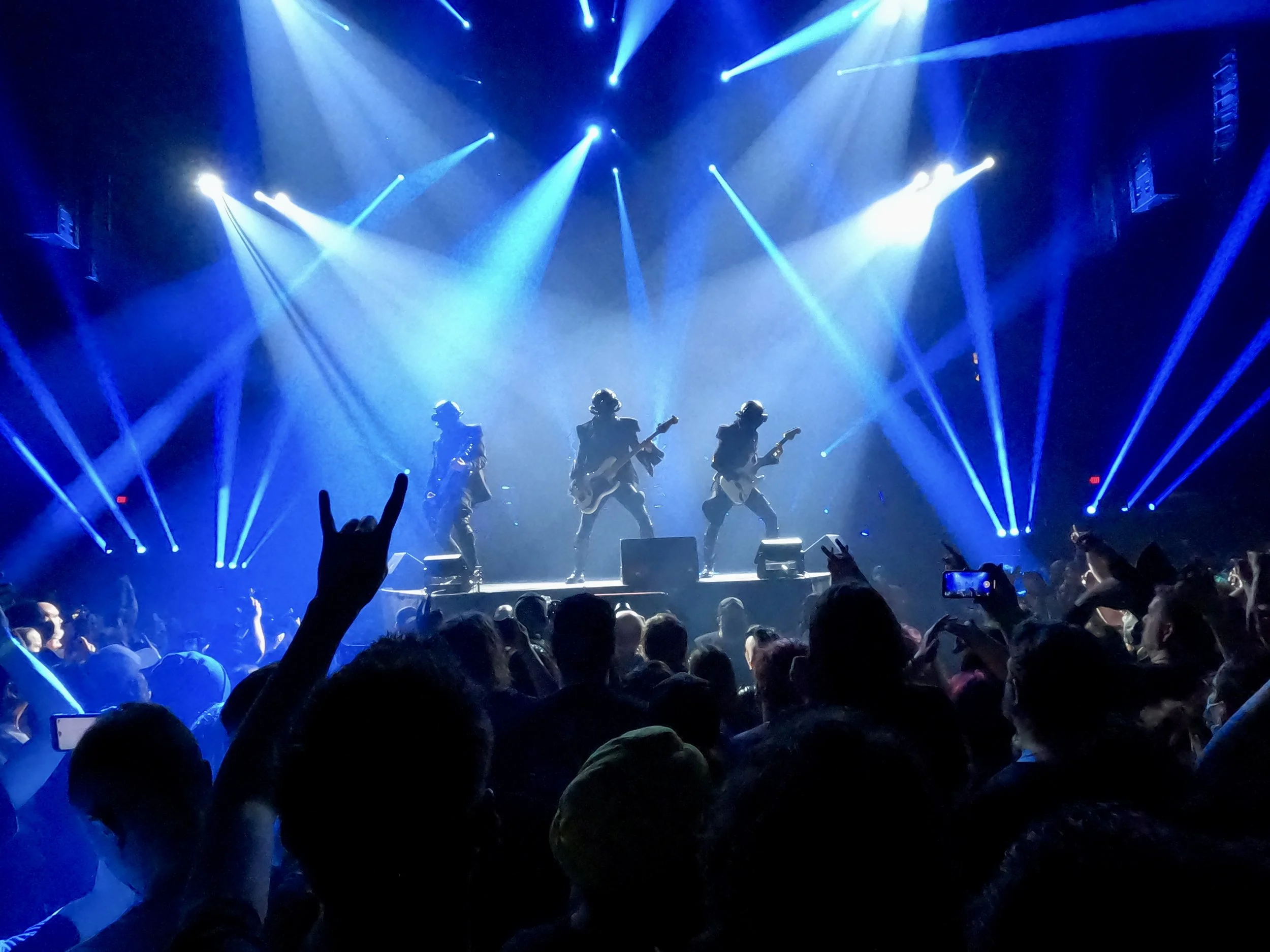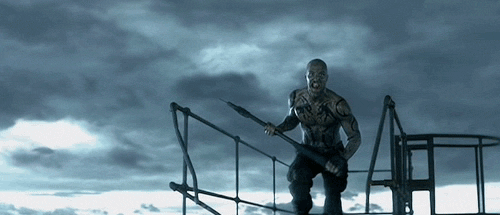Comfort kills.
So many people only experience the weather in brief stints. For these people, the weather is often just a nuisance during a brief 30-second jaunt to the car, which then transports them to work in an office with a chair and a desk. The day is therefore spent sitting in a car with air conditioning, followed by sitting in a chair under air conditioning, followed by sitting in a car with air conditioning again. All environs provide optimized comfort and entertainment. Maybe, at some point, the day involves easy movement in a gym, again with air conditioning, as well as rows of tv screens to combat the boredom.
Even the sun, the very thing that allowed for creation in the first place, is seen as a threat to the body (and industry provides sunscreens to lather over the body as a “fix” to the problem). The sun causes squinting, or sweat, or potential sunburns. Homo sapiens have existed for give or take 250,000 years, and only in the last 100 years has the sun been classified as “dangerous.” Since this odd diagnosis of sun as bad, an industry of “sun protective creams” has emerged.
Living life in a vacuum, the modern body feels plush cushions on the derrière and back while sleeping, cushions while eyes are glued to the television, cushions while eyes are glued to the phone, and cushions while engorging the stomach in a never-ending paroxysm of gluttony (true hunger is rare in the Western world).
The modern brain isn’t bored while browsing the phone for “stimulation”. Boredom should not exist in the modern world because boredom is another potential discomfort. Silence should not exist because silence runs risk or boredom. So kids and adults sit on their asses and TikTok or whatever the hell is the trend of the year.
“But the modern lifespan is longer,” I’m told as a counterpoint. And to that I say, how many of those extra years are actually spent living? Heart disease kills by the millions annually. By 2028 the long-term US nursing home care industry is expected to reach 1.7 trillion US dollars, provided an annual growth of 7.1% (Grand View Research, Inc.).
1/3 of Americans are either diabetic of pre-diabetic. Almost half of Americans struggle to climb a single flight of stairs (studyfinds.org). Even our conveniences become more difficult: the stairs were once invented to make climbing easier. Now the body needs something more automated than stairs to transport it vertically. The modern concept of being alive seems eerily close to the undead version of life in any zombie film.
There is a universal law that nothing is created without having both intended and unintended consequences. The unintended consequences of industry and the drive for growth are simple: an overly-medicated and largely miserable population that cannot process or experience discomfort.
The modern Western human, often addicted to these comforts and the obsession with the elimination of all danger, cannot accept pain, cannot accept suffering, and often cannot accept danger as a necessary component to a meaningful life. Every sickness must have a cure that can be paid for. Erasing all threats is a matter of a savvy Google search.
I imagine myself living thousands of years ago, a persistence hunter, preparing for a hunt via a long run. My body evolved with the capacity to run and breathe with stunning efficiency. My tribe can hunt a deer (or its predecessor) not with speed, but with endurance. There are risks involved with the hunt. We don’t need trendy shoes with arch support or technical gym shorts: we just run. We compete with other predators, and other predators decide whether we humans would also make a decent meal. There are real threats, not the modern vain “what if my car gets a dent or my sweater gets a stain” type threats. My belly is often hungry. My legs are often tired. But ironically, I do not feel any form of depression, not in the modern sense. I focus on my feet hitting rock and sand as the heat pummels me and my thirst for water increases. The deer will collapse soon and hunger will be sated.
This morning I thought about comfort, my biggest existential threat, as I embarked on a bike ride. The temperature was 19 F (minus 7 C). With the wind chill it was 5 F (minus 15 C). The wind lashed me with its ice-coated whips of air as I pedaled toward Grant Farm. The Gravois Greenway was mottled with ice patches that my gravel bike often slid over. One bad fall and my right foot, I knew, would be done for. I slowed a little as I crossed each ice patch. The trail took me over icy bridges, through white-sheeted forest, and alongside bleak highways. Sunlight filtered through the dead tree branches and brushed my cheeks. I pedaled as my heartbeat raced, mile after mile, hour after hour, and I felt life in pain. Time slowed. Two hours on the bike felt infinitely longer. Silence enveloped me, though there was certainly plenty of ambient sound.
I live in the same weather as more than one million other people in the city, but many of them do not understand the full magnificence of the weather. That to me is a great tragedy.
I am finding that as my foot heals, my competitive tenacity is also returning. It is ruthless, the sort that punished competitors as severely as possible years ago and has long-since hibernated, but still lurks within. My inner “Terry Silver”. The type that, as a swimmer, grabbed ankles and twisted them when lapping people at practice. This inner warrior knows that a successful hunt requires ruthlessness and resolve.
I feel cynicism when I think of how the quest for comfort can lead so many into a black hole of materialism that sucks the essence out of the soul. Give me the dragon. Give me the struggle. I have one fear, my greatest fear: an end in a nursing home. Let me be devoured by the dragon instead of a devourer of comfort.
Better to fight the dragon and lose convincingly.





